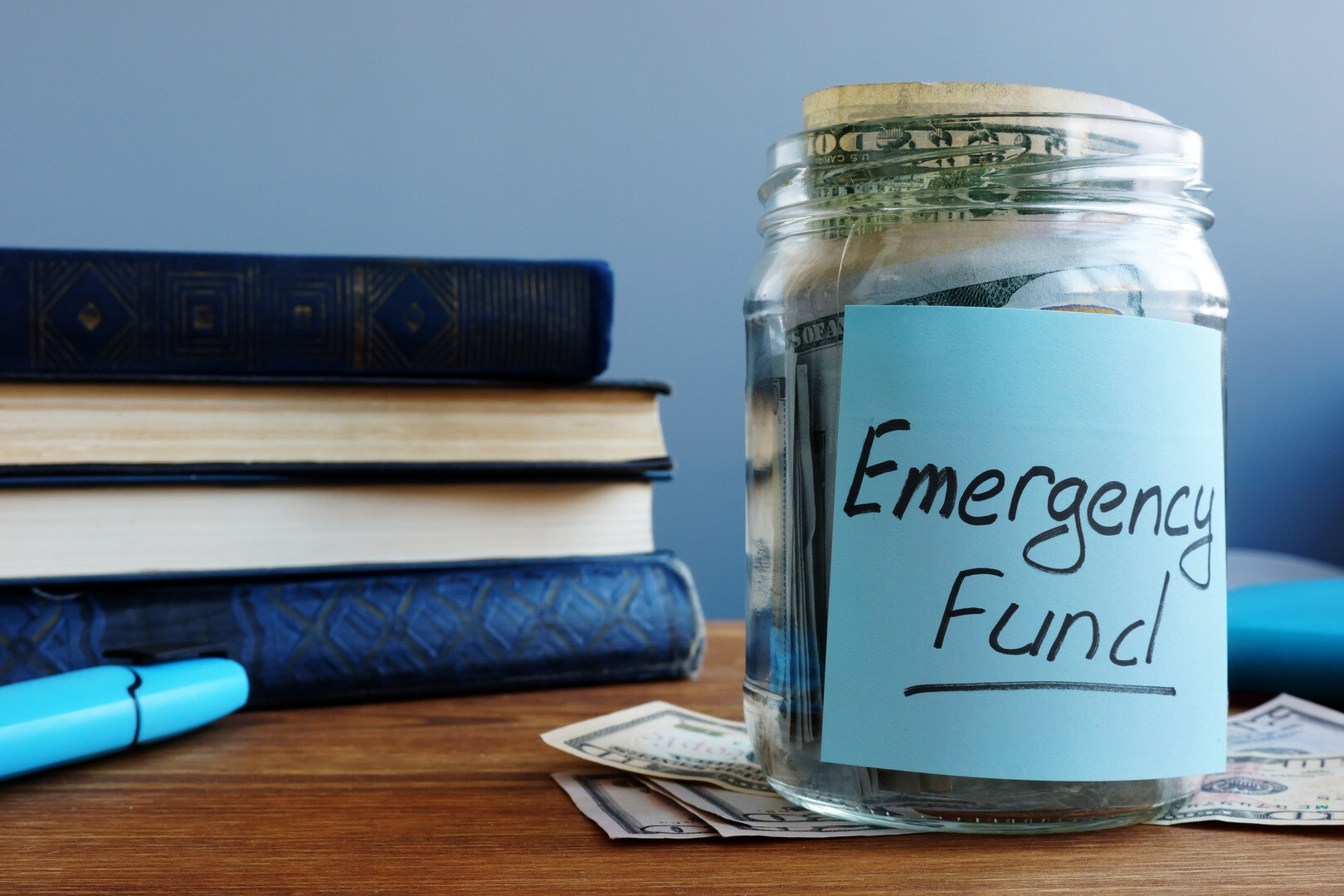In times of unexpected financial hardship, emergency financial assistance can be a crucial lifeline. Whether due to sudden job loss, medical emergencies, or unforeseen expenses, many individuals and families find themselves in need of immediate financial support. Understanding what emergency financial assistance is, how it works, and where to find it can help you navigate these challenging times with greater ease and confidence. In this article, we share all you need to know about emergency financial assistance and how you can go about receiving it yourself.
What is emergency financial assistance?
Emergency financial assistance refers to the various forms of immediate financial aid available to individuals or families facing urgent and unexpected financial crises. This type of assistance aims to provide quick relief to cover essential expenses such as housing, utilities, food, medical bills, and other critical needs.
Types of emergency financial assistance in Canada
There are several types of emergency financial assistance in Canada – here are the most common:
- Government programs: the Canadian government offers several emergency financial aid programs designed to help citizens during times of crisis. These include Employment Insurance (EI) benefits, the Canada Child Benefit (CCB), and emergency response benefits such as the Canada Emergency Response Benefit (CERB) during the COVID-19 pandemic. Additionally, provincial and territorial governments provide various forms of support, including social assistance and emergency housing subsidies.
- Non-profit organizations: numerous non-profit organizations and charities across Canada provide emergency financial support to those in need. These organizations may offer direct financial aid, food and clothing donations, or assistance with bills and rent. Examples include the Salvation Army, the Canadian Red Cross, and local food banks.
- Community resources: local community centres and religious organizations often have programs to assist residents facing financial emergencies. These resources include food banks, shelter assistance, and emergency cash grants. Municipal governments also frequently offer short-term financial aid and housing support.
- Employer Assistance programs: some employers offer emergency assistance programs for their employees. These programs may provide short-term loans, financial counselling, or direct grants to help employees manage unexpected financial difficulties.
- Personal loans and lines of credit: in some cases, individuals may need to rely on personal loans or lines of credit from banks or credit unions. While these options involve borrowing money, they can provide immediate funds to cover emergency expenses.
How to access emergency financial assistance
If you think you need quick access to financial assistance in Canada, here’s how to go about it:
- dentify your needs: determine the specific type of assistance you require, whether it’s help with rent, utilities, medical bills, or other urgent expenses. This will help you focus your search for appropriate resources.
- Research available resources: look into the various government programs, non-profit organizations, and community resources available in your area. Online databases, community centres, and local government websites can be valuable sources of information.
- Contact organizations: reach out to the organizations and programs that offer the assistance you need. Be prepared to provide documentation of your financial situation and any relevant personal information.
- Apply for assistance: complete the necessary application forms and submit any required documentation. Be sure to follow up on your application to ensure it is processed in a timely manner.
- Speak to a Licensed Insolvency Trustee: Licensed Insolvency Trustees are the only professionals in Canada legally able to file all forms of debt relief. If you’re concerned by the amount of debt you’re carrying, speak to Spergel, the ‘get rid of debt’ people. Book a free, no-obligation consultation today to begin your journey to a fresh financial future.
Tips for managing financial emergencies
If you find yourself in a challenging financial situation, here are a few tips we recommend following to careful manage your circumstances:
- Create an emergency fund. Whenever possible, set aside money in an emergency fund to cover unexpected expenses. Even a small fund can provide some financial cushion during difficult times.
- Prioritize expenses. Focus on paying for essential needs first, such as housing, food, and medical care. Delay non-essential purchases until your financial situation stabilizes. The 50/30/20 budget rule is a good way to get started with managing your income.
- Communicate with creditors. If you’re struggling to make payments, contact your creditors to discuss your situation. Many may offer temporary relief options, such as payment deferrals or reduced interest rates.
- Explore all options. Consider all available sources of assistance, including friends and family, community resources, and professional financial advisors.
Emergency financial assistance: FAQs
Here are some of the most commonly asked questions we receive about emergency financial assistance in Canada:
How can I get emergency money help?
If you find yourself in urgent need of financial assistance in Canada, there are several avenues you can explore. Start by applying for government programs such as Employment Insurance (EI), the Canada Child Benefit (CCB), or provincial social assistance programs, which provide emergency funds for essential expenses. Additionally, reach out to non-profit organizations like the Salvation Army or local food banks that offer direct financial aid and support. Community resources, such as municipal services and religious organizations, can also provide emergency cash grants and shelter assistance. If you’re employed, check if your employer offers emergency assistance programs. Lastly, consider personal loans or lines of credit from banks or credit unions for immediate funds, but be mindful of the repayment terms and interest rates. For personalized advice and to explore all available options, consulting a reputable Licensed Insolvency Trustee can be highly beneficial.
What is the emergency benefit in Canada?
In Canada, emergency benefits are financial aids provided to individuals and families facing urgent and unexpected financial challenges. These benefits include programs such as Employment Insurance, which offers temporary financial support to those who have lost their jobs or are unable to work due to specific circumstances. During crises like the COVID-19 pandemic, emergency benefits like the Canada Emergency Response Benefit (CERB) were introduced to support those who lost income due to the pandemic. Additionally, provincial and territorial governments offer various forms of emergency assistance, such as housing subsidies and social assistance, designed to cover essential expenses like rent, utilities, and food. These benefits aim to provide immediate relief and help individuals stabilize their financial situation during times of crisis.
How to get financial assistance in Canada?
To get financial assistance in Canada, start by identifying your specific needs, such as help with rent, utilities, or medical expenses. Begin by applying for federal and provincial government programs like Employment Insurance, social assistance, or emergency benefits tailored to your situation. Next, explore non-profit organizations and community resources, such as food banks and local charities, which often provide emergency financial aid and other forms of support. You can also reach out to your employer to see if they offer any employee assistance programs. For immediate cash needs, consider personal loans or lines of credit from banks or credit unions. Additionally, consult with a Licensed Insolvency Trustee to navigate your options and ensure you access all available resources effectively.
What is an emergency loan in Canada?
An emergency loan in Canada is a short-term financial solution designed to provide immediate funds to individuals facing urgent and unexpected expenses, such as medical bills, car repairs, or overdue rent. These loans are typically offered by banks, credit unions, and private lenders, and can be secured or unsecured depending on the lender’s terms. Emergency loans generally have quicker approval processes and can offer rapid access to funds, but they may come with higher interest rates and fees compared to traditional loans. It’s important to carefully review the loan terms, including repayment schedules and interest rates, before accepting an emergency loan to ensure it fits within your financial plan.
Emergency financial assistance is a vital resource for Canadians facing unexpected financial hardships. By understanding the types of assistance available and how to access them, you can better navigate financial crises and work towards regaining financial stability. At Spergel, the ‘get rid of debt’ people, we’re committed to helping you find the support you need during difficult times, guiding you towards a brighter financial future. If you’re in need of assistance or financial advice, book a free consultation with one of our experienced Licensed Insolvency Trustees.



















